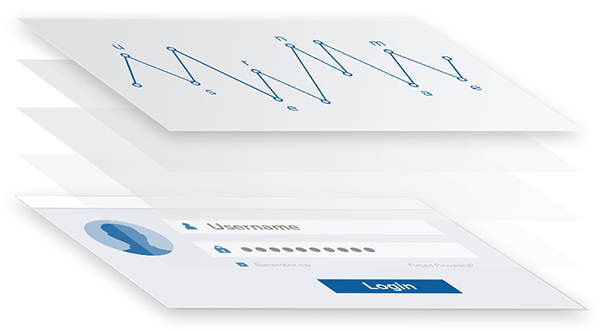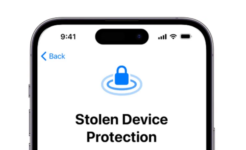
TypingDNA – Continuous Authentication [Video]
Video uploaded by TypingDNA on August 3, 2016
TypingDNA: Pro and Cons
TypingDNA is the name of a startup from NYC that offers a completely new way of identification and verification through keystroke dynamics. Their technology is based on your typing manners and habits This new ID is now available for all Google Chrome users.
Has it ever occured to you that your typing can be as unique as your handwriting? Tasks of graphologists from past centuries is now delegated to software that analyzes two factors: the time you take to reach a key with your finger and how long you press the key for. The software is meant to replace the annoying two-factor authorization (2FA) of various sites that ask you to fill in an OTP code sent to your phone. This method is safe but on the downside, you can’t use the 2FA if you forgot or lost your phone.
This new extension solves this problem. Once installed, the software asks for your typing patterns. This given, it can now compare it to other lines you type. If you’re in an awkward position or have trouble with your keyboard, the software can ask you to repeat the input. When you are sent an OTP code, the TypingDNA extension intercepts it and opens a new window on your computer, where you can type your code in. The software analyzes your manner of typing, compares it with your already analyzed pattern and grants you access, if matched.

Typing DNA: frictionless authentication based on how you type
The TypingDNA API has been available for corporation clients but last week the startup rolled out an extension for the most popular browser – Google Chrome. TypingDNA’s co-founder, Raul Popa demonstrated how the extension works to the Techcrunch author, Anthony Ha. The software managed to identify two different typing manners during his demonstration.
As a long time PC user, I still have some questions. Does the size of the keyboard matter? There are full-scale keyboards, midi-keyboards, mini-keyboards and they can all vary within different shape and form. For instance, they can have larger or smaller keys with various key travel.
Also, where is the data stored and if it is stored somewhere, is it secured well? Before installing this new extension you must realize that you are letting a third party into the authentication process.
My last and most important question is about statistics. The typing ID system must employ big statistic data to work properly and decrease the amount of false-positive and false-negative errors. In other words, the software must recognize you any time you type in a code and should not mix you up with another person. The problem is that typing ID belongs to so-called behavioristic biometrics. Unlike our DNA or iris, our behaviour can vary in the course of time under various circumstances. For example, typing in the morning and after a long working day in the office can display two different typing patterns. We can also be influenced by our health status, mood and emotions. That’s why behaviouristic biometrics are considered to be less reliable than fingerprint or iris/face scanners. Typing identification and authentication can be successfully used to support DNA biometrics as part of security access procedures.
Links
- AI-based solution for risk-based authentication and fraud prevention – TypingDNA
- VPN – Your Key to Security Online – iGotOffer
- BrickerBot: How Does Your Toaster Threaten National Security – iGotOffer
- Thinking to sell your old electronics? iGotOffer is the best place to sell smartphones and other devices online.
- Everything About Apple’s Products – The complete guide to all Apple consumer electronic products, including technical specifications, identifiers and other valuable information.
- Everything About Microsoft’s Products – The complete guide to all Microsoft consumer electronic products, including technical specifications, identifiers and other valuable information.






Facebook
Twitter
RSS